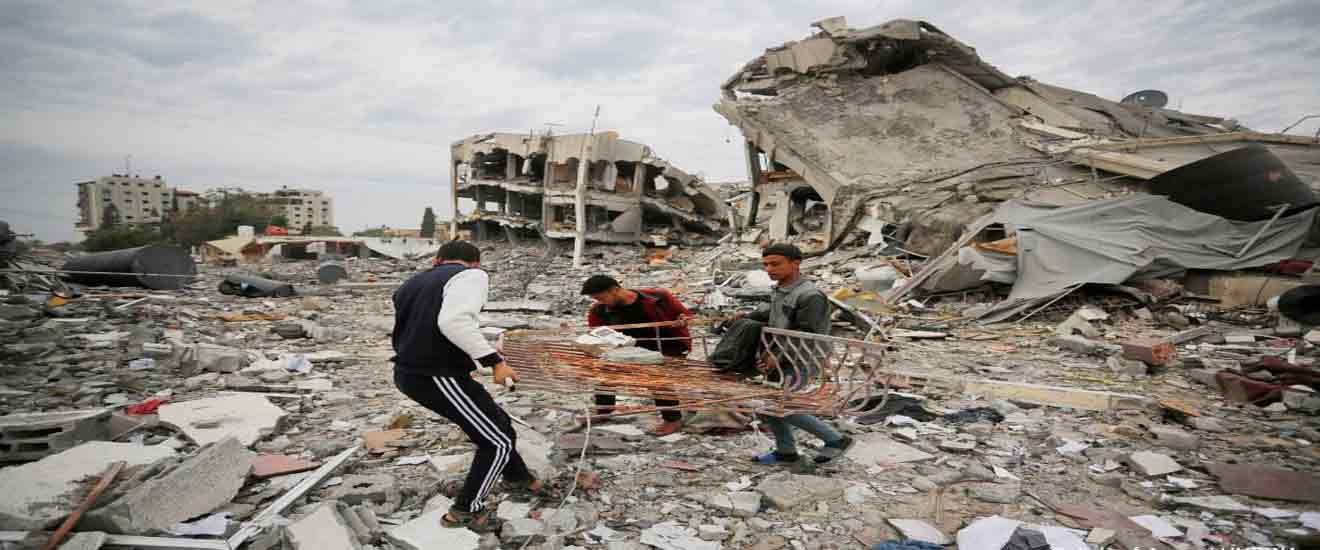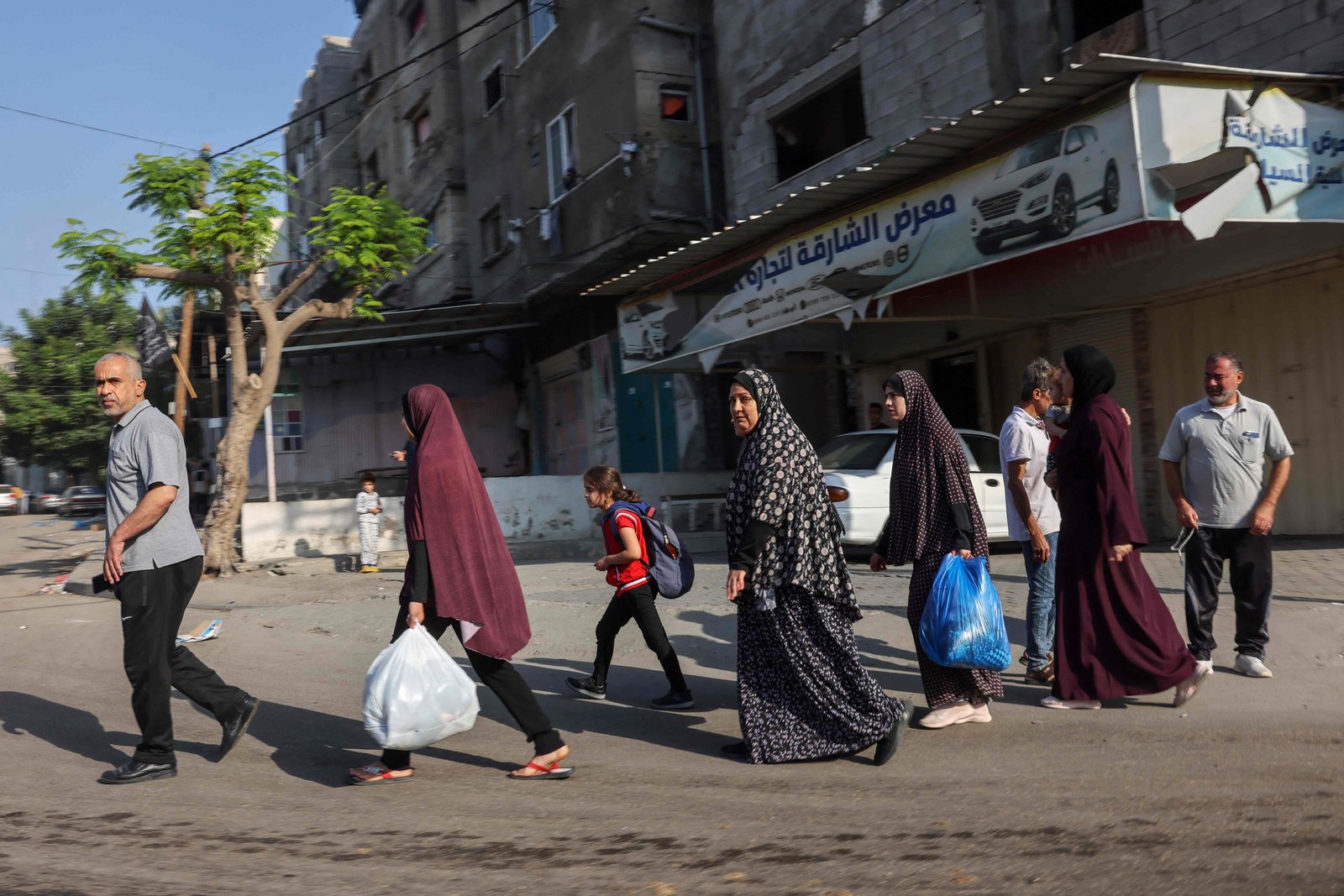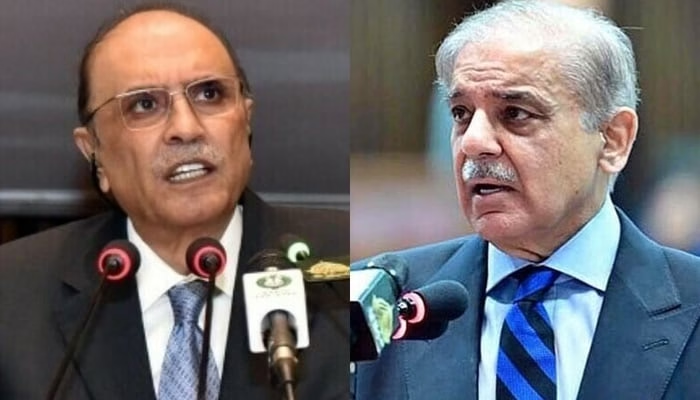A tragic terrorist attack in Kohat on Saturday claimed the life of a police inspector while injuring two other officers in Khyber Pakhtunkhwa’s Lachi area. The attack highlights the growing security challenges in the province, where police and law enforcement agencies continue to bear the brunt of rising militant violence.
According to Kohat Regional Police Officer (RPO) Abbas Majeed Marwat, the terrorists ambushed police personnel during a routine patrol. Inspector Ashfaq embraced martyrdom in the attack, while two of his colleagues sustained injuries. Security forces responded swiftly, engaging the assailants in a fierce exchange of fire that resulted in the killing of three terrorists.
Surge of Terrorist Attacks in Khyber Pakhtunkhwa
The terrorist attack in Kohat is part of a broader wave of violence targeting security forces in Khyber Pakhtunkhwa. Earlier this month, militants attacked the Fateh Khel checkpost in Bannu, where one police officer was martyred, and three militants were killed during retaliatory fire. These repeated incidents underscore the precarious security environment faced by police and paramilitary units stationed in the province.
Khyber Pakhtunkhwa, due to its geographical proximity to Afghanistan, remains highly vulnerable to cross-border militancy. Since the Taliban takeover of Kabul in August 2021, Pakistan has seen a sharp increase in cross-border infiltration and attacks, with KP and Balochistan suffering the most casualties.
Statistics Highlight Escalating Violence
Recent data paints a grim picture of Pakistan’s security situation. According to a report by the Pakistan Institute for Conflict and Security Studies (PICSS), the country recorded 78 terrorist attacks in June alone. These attacks led to at least 100 deaths and 189 injuries.
Out of the total fatalities, 53 were security personnel, making them the primary targets of militant violence. Civilians accounted for 39 deaths, while six militants and two local peace committee members were also killed. Among those injured, 126 were security forces and 63 were civilians.
The statistics highlight a disturbing trend: security forces continue to be at the frontline of Pakistan’s war against militancy. The terrorist attack in Kohat is another reminder of the sacrifices made by police officers and the challenges faced by the state in restoring lasting peace.
Police Under Constant Threat
The role of the police in counterterrorism operations has grown increasingly dangerous. Unlike the military, which operates with heavier resources and equipment, police officers often face militants with limited protective gear. Yet, their presence at checkpoints, patrolling duties, and intelligence-gathering missions make them frequent targets of ambushes.
Inspector Ashfaq’s martyrdom in the terrorist attack in Kohat is not an isolated case but part of a growing list of police casualties. Law enforcement officers continue to demonstrate resilience, often engaging militants in direct confrontations despite facing heavy weaponry.
Cross-Border Threats from Afghanistan
A major factor fueling militancy in Pakistan is the resurgence of militant groups after the Taliban’s rise to power in Afghanistan. Several factions, including the Tehreek-e-Taliban Pakistan (TTP), are believed to have found safe havens across the border. This has enabled them to plan and execute cross-border attacks with alarming frequency.
The government has repeatedly urged the Afghan interim authorities to prevent the use of their soil for terrorist activities against Pakistan. However, the persistence of attacks such as the terrorist attack in Kohat shows the difficulty of tackling this cross-border menace without stronger cooperation.
National Security and Policy Response
The federal and provincial governments have acknowledged the threat but face challenges in implementing effective countermeasures. Operations in tribal districts, intelligence-based raids, and enhanced border surveillance have been carried out, yet militants continue to exploit gaps in security.
Experts argue that a multi-pronged approach is necessary: strengthening border fencing, enhancing police training, and improving coordination between the military and civilian law enforcement agencies. Equally important is addressing the socio-economic conditions in militancy-hit areas, where poverty and lack of opportunities often fuel recruitment by extremist groups.
Honoring the Sacrifice
The terrorist attack in Kohat underscores the ongoing sacrifices made by Pakistan’s security forces. Inspector Ashfaq’s bravery, along with the determination of his colleagues who fought back and eliminated three militants, is a testament to the courage of police officers serving in dangerous regions.
As Pakistan navigates this new wave of militancy, it becomes crucial to support and strengthen its frontline defenders. Their sacrifices remind the nation of the high cost of peace and the urgency of a united strategy against terrorism.



